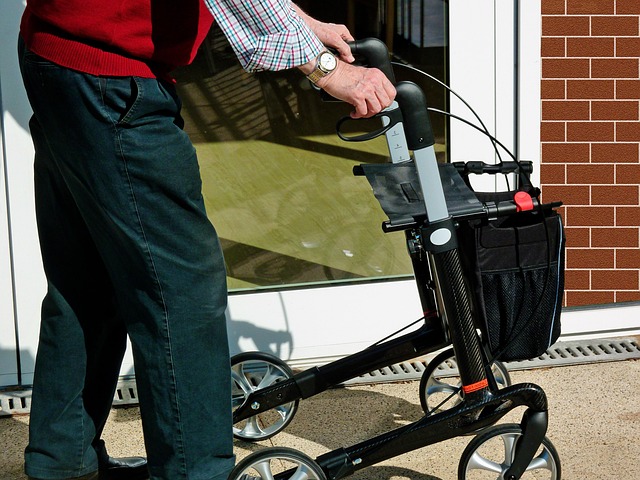Exploring the Future of Dentistry: The Rise of Screw-Less Dental Implants
Screw-less dental implants are emerging as a promising alternative to traditional implant methods. This article explores the technological advancements, potential benefits, and challenges associated with these innovative solutions for modern dental restorations.

What are dental implants and why are they important for seniors?
Dental implants are artificial tooth roots surgically placed into the jawbone to support replacement teeth. For seniors, implants can significantly improve quality of life by restoring proper chewing function, speech clarity, and facial aesthetics. They also help prevent bone loss in the jaw, which is common after tooth loss and can lead to further oral health issues.
How do screwless dental implants differ from traditional implants?
Screwless dental implants, also known as screw-less implants, use a different mechanism to secure the implant in the jawbone. Unlike traditional implants that rely on screws, these innovative designs use friction or other methods to achieve stability. This approach can potentially reduce surgical complexity and healing time, making them an attractive option for elderly patients [1].
What are the benefits of screwless implants for older adults?
Screwless implants offer several advantages for seniors:
- Simplified procedure: The absence of screws can make the surgery less invasive and potentially faster.
- Reduced risk of complications: Fewer components mean less chance of mechanical issues or infections.
- Quicker healing: Some studies suggest faster osseointegration (bone fusion) with certain screwless designs [2].
- Easier maintenance: The simpler structure may facilitate better oral hygiene and long-term care.
Are dental implants safe and effective for elderly patients?
Dental implants have shown high success rates across all age groups, including seniors. However, certain factors common in older adults, such as reduced bone density or medical conditions like diabetes, may affect implant success. A thorough evaluation by a dental professional is crucial to determine if implants are suitable for an individual patient [3].
What are some affordable dental implant options for seniors?
Seniors seeking cost-effective implant solutions have several options:
- Dental schools: Many offer discounted services performed by supervised students.
- Dental implant centers: Some specialize in affordable treatments with streamlined processes.
- All-on-4 technique: This method uses fewer implants to support a full arch of teeth, reducing overall costs.
- Screwless implants: In some cases, these may be more affordable due to simplified procedures.
- Insurance and financing: Some dental plans cover implants, and many providers offer payment plans.
How do costs compare for different dental implant options?
When considering dental implants, it’s essential to compare various options to find the most affordable solution. Here’s a comparison of different implant types and their estimated costs:
| Implant Type | Provider Type | Cost Estimation (per implant) |
|---|---|---|
| Traditional Screw Implant | Private Practice | $3,000 - $4,500 |
| Screwless Implant | Specialized Clinic | $2,500 - $3,500 |
| All-on-4 Implants | Implant Center | $20,000 - $30,000 (full arch) |
| Mini Implants | Dental School | $500 - $1,500 |
| Same-Day Implants | Dental Chain | $2,000 - $3,000 |
Prices, rates, or cost estimates mentioned in this article are based on the latest available information but may change over time. Independent research is advised before making financial decisions.
What should seniors consider when choosing dental implants?
When selecting dental implants, seniors should consider:
- Overall health status and any chronic conditions
- Bone density and quality
- Cost and insurance coverage
- Experience of the implant provider
- Recovery time and post-procedure care requirements
- Long-term maintenance needs
Ultimately, the decision should be made in consultation with a qualified dental professional who can assess individual needs and recommend the most suitable option.
This article is for informational purposes only and should not be considered medical advice. Please consult a qualified healthcare professional for personalized guidance and treatment.
The shared information of this article is up-to-date as of the publishing date. For more up-to-date information, please conduct your own research.
Sources: 1. https://pubmed.ncbi.nlm.nih.gov/26574611/ 2. https://pubmed.ncbi.nlm.nih.gov/29159868/ 3. https://pubmed.ncbi.nlm.nih.gov/28944365/




